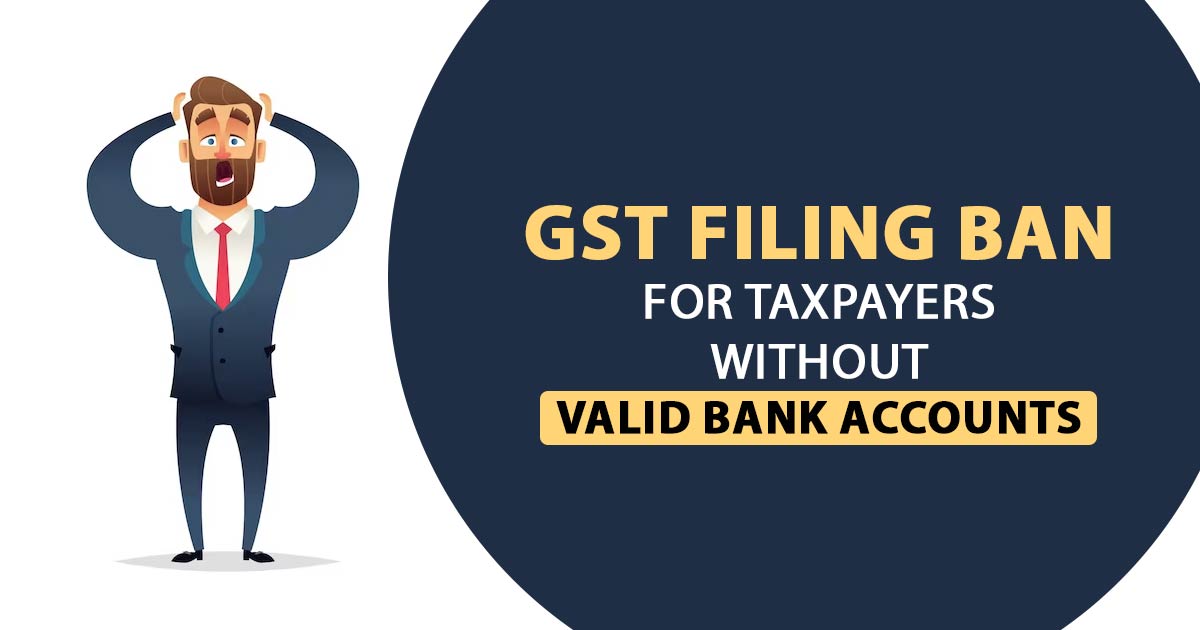
Attention all taxpayers! The GST department has announced that starting from 1st September if you don’t have a valid bank account linked to your GST registration number, you won’t be able to file the GSTR-1 form under a new rule called GST Rule 10A.
Effective Date for New GST Rule 10A Enforcement
GST assessee should have a valid bank account linked to their GST registration to file GSTR-1 from September 1, 2024.
Mandatory Compliance Under GST Rule 10A
The assessee should furnish the information of a valid bank account within 30 days of obtaining the GST registration or before the filing date of the outward supplies in GSTR-1/IFF, whichever arrives first.
GST Filing Impact
Taxpayers without valid bank account details in their GST registration, cannot e-file the GSTR-1 or Invoice Furnishing Facility (IFF) starting from the tax period of August 2024.
Amendment Objective
The motive of the rule revised in July 2023 is to strengthen the registration process and fight bogus registrations.
Action Needed
The assessee who does not have updated their bank account details must required to do the same through the GST portal.
Guidance Note
An advisory has been issued by the GST network (GSTN) asking all assessees to ensure their bank account information is revised to prevent disruption in return filing.
GST Rule 10A: What Businesses Need to Know
Restriction on GST Filing Returns: The assessee without valid bank account information linked to their GST registration will not be able to file their outward supply return (GSTR-1) or use the Invoice Furnishing Facility (IFF) starting from September 1, 2024.
Increased Compliance Pressure: The assessee following the new rule will face pressure by updating their bank account details to prevent disruption in their filing process.
Possible Disruption: Businesses that are not able to furnish valid bank account details may undergo disruptions in their GST complaint, affecting their ability to report outward supplies and claim ITCs.
Heightened GST Registration Scrutiny: The revision has the objective of lessening the bogus registrations, thereby raising the scrutiny of the new and current GST registrations.
Challenges in Operations: Companies might be required to update their systems and processes to ensure compliance with the new provision, which can have other administrative measures.
Regulatory Implementation: GST authorities legislate this rule, which can result in penalties or other consequences for non-compliance.
Promoting Accurate Registrations: The rule has been made to motivate the assessees to maintain precise and legal registration information, thereby revising the virtue of the GST system.